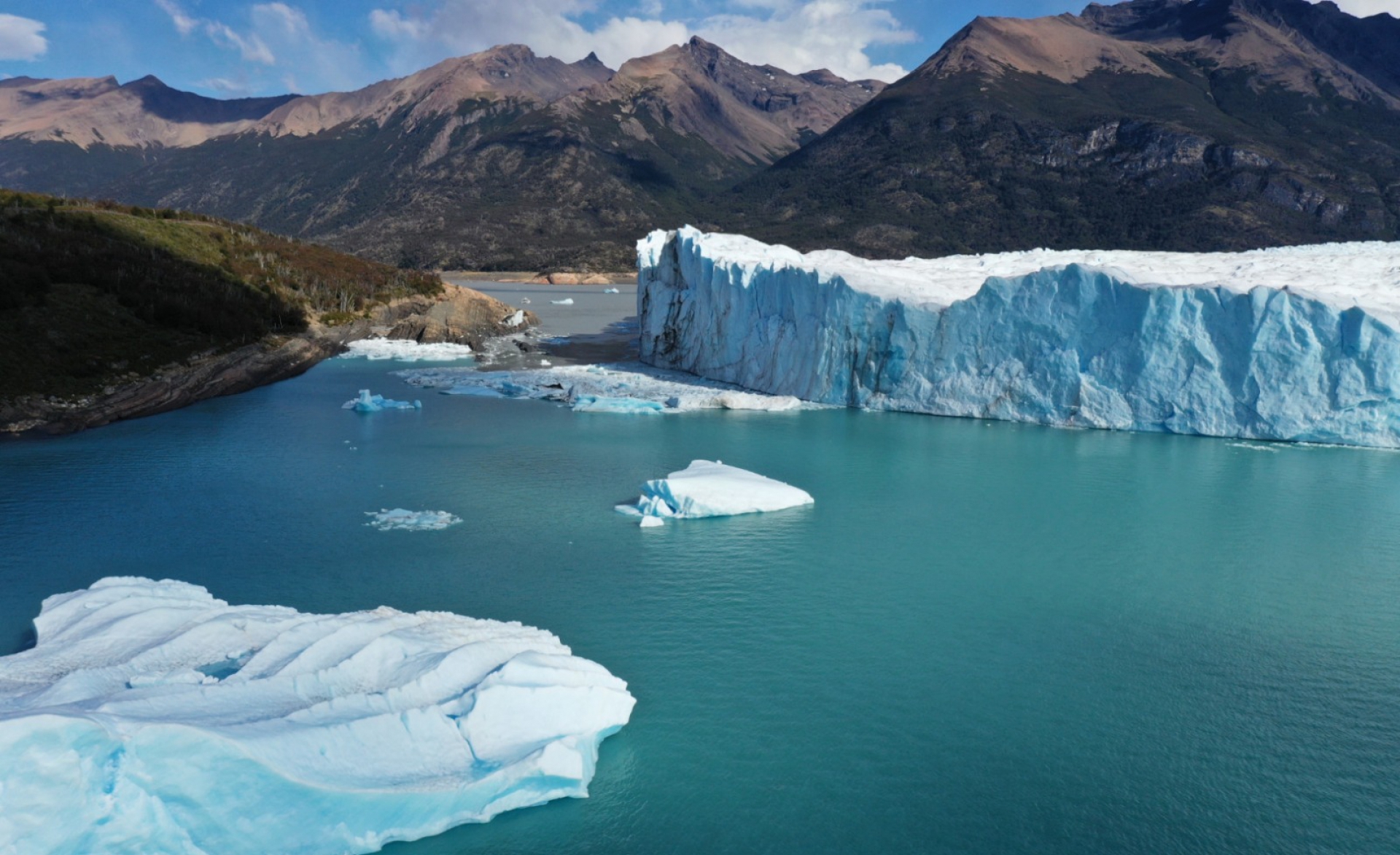National Patagonia Day is celebrated every October 11th in commemoration of the enactment of Law N°954 in 1878, which established the creation of the Government of the Territory of Patagonia, covering a vast territory stretching from the Negro River to Cape Horn.
This legal milestone, enacted during the presidency of Nicolás Avellaneda, marked the beginning of federal government administration in one of the country's most vast and strategic regions and laid the foundations for its political, economic, and social integration into the nation as a whole. The seat of government was established in the town of Mercedes de Patagones, now the city of Viedma, capital of the province of Río Negro.
The creation of the Governorate represented a decisive step in strengthening Argentine sovereignty over the Patagonian territory, at a key stage in the consolidation of the national state. From then on, Patagonia began to develop as a fundamental region due to its natural wealth and geopolitical projection.
Today, Patagonia is one of the most emblematic regions of our country, recognized worldwide for its biodiversity, natural resources, cultural heritage, and people.
On this day, we pay tribute to all those who contributed to the growth of the region, with special recognition to Julio Argentino Roca, who played a central role in the construction of our nation. His actions were decisive for the territorial expansion and construction of our country.

